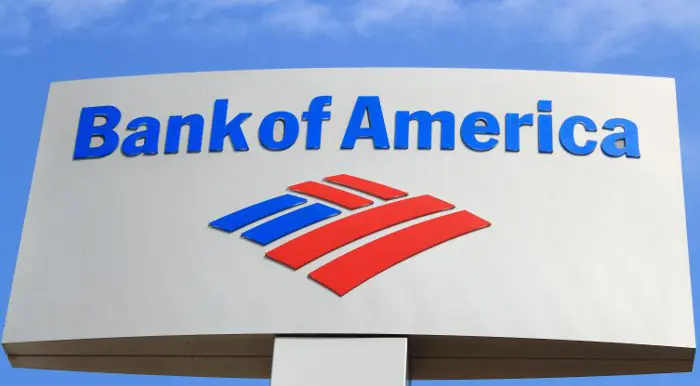
DETROIT — Committed to serving Arabs and other communities in Michigan, countless Arab American charity organizations of varying sizes have popped up since waves of immigrants made Metro Detroit home.
Founded by Iraqi Americans in 1992, Life for Relief and Development opened its doors as an international relief association and says it distributes more than $60 million annually in aid locally and internationally, especially in the Arab World.
Despite its charity efforts, Life’s Bank of America (BOA) account was abruptly closed, for no known reason.
Life’s lawyers filed a lawsuit against the bank last Friday in U.S. District Court in Detroit, citing the Arab names of Life’s leadership and the xenophobic rhetoric surrounding Arab and Muslims in the country, which they say has resulted in the closures of hundreds of Arab Americans’ accounts by several banks over decades, as the reason for their bank account closure.
A six-member jury decided in favor of BOA on Tuesday.Life opened an account with Bank of America in 2010, but two years later, the organization received a notice that its relationship would suddenly be terminated in 30 days.
The bank did not give any reason.
In court, BOA disclosed “unknown cash deposits” as a reason for suspicion and the eventual closing of the account.
However, the bank’s anti-money laundering expert, Dennis Lormel, a former FBI special agent for 28 years, who focused on anti-terrorism financing in the wake of the Sept. 11 attacks, gave a revealing testimony in court.
When asked why Arab Americans’ bank accounts were being closed at a considerably higher ratio than other segments of the population, Lormel attributed it to “risk.”
“Where the entities have identified them, fairly or unfairly, as high-risk,” he explained.
In response to a question on whether an account holder’s Arab name could contribute to the risk factor, Lormel answered, “I’ve seen it on a company basis.”
Life’s attorney, Shareef Akeel, told The AANews, “This is the first case that I’m aware of nationally where a bank disclosed its actual reasons for closing the account.”
He added because of the current “hysteria” toward Arabs, there is an overreaction by the banking industry against Arab Americans.
Akeel said BOA’s unknown cash deposit allegations are unfounded, because any deposit made to someone else’s account via a deposit slip does not include a section to write a name. Therefore, every depositor is unknown.
Although the court’s verdict sided against the charity, Akeel said he is hopeful that the lawsuit will serve as a notice to other banks that future unjust account closures will not go unchallenged.
“Race or ethnicity had nothing to do with the recommendation to close the account,” Fred Stone, a former director in charge of BOA’s anti-money laundering unit in North Carolina, testified.
Instead, Stone said the closure was sparked following an investigation of another charity group, Syria Relief, with which Life had a relationship, due to alleged illegal activities.
But Life’s attorneys said that communication with Syria Relief is not a just cause for the account closure.
Cases of bank account closures of Arab Americans have dated back decades, with multiple lawsuits battled in courts by individuals and anti-discrimination groups against several banks.
Life asked for assistance in the case from the American-Arab Anti-Discrimination Committee in Michigan, which wrote a letter to BOA expressing “deep concern” regarding the account closure.
“Such a decision not only complicated their humanitarian work, but may also cause a major setback to much-needed help and aid to desperate people whom Life for Relief and Development has been helping,” ADC’s regional director at the time wrote.
The ACLU has also urged the Department of Justice to investigate the wide-spread closures, exceeding 50 cases, involving Chase, Huntington, Comerica and Charter One.
Earlier this month, activists and attorneys met with U.S. Attorney General Loretta Lynch to discussion the Arab American community’s concerns of being targeted by their own government. They said bank accounts of many Arab Americans are unjustly closed and individuals are being placed on the Terrorist Watch list and harassed at airports.
Dawud Walid, executive director of the Council on American-Islamic Relations in Michigan (CAIR-MI), said his organization has been involved with a case regarding the random account closure of an Arab American by JPMorgan Chase.
“There’s no telling how many of [these closure] there are,” Walid said.He added that to protect customers from being discriminated against by their banks, reform needs to occur and existing laws upheld in the banking sector.
Walid said banking institutions are prohibited from discriminating based on ethnicity, but not religion.






Leave a Reply